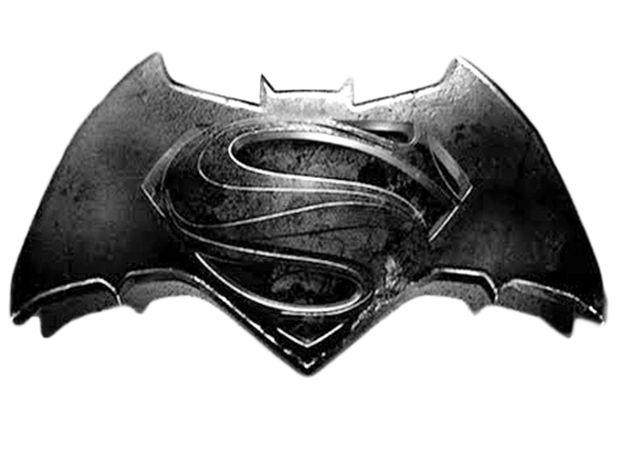“Batman v Superman: Dawn of Justice” will be released this weekend, and whether or not it’s any good, it will make hundreds of millions of dollars. Two months later, both “Captain America: Civil War” and “X-Men: Apocalypse” will accomplish the same feat. These are only a handful of the dozen or so comic book films planned for the upcoming years, and their prevalence begs a question — why are there so many comic book films?
The previous decade has seen a massive upsurge in the sheer number of these films, but they aren’t the first of their kind. The first Batman film was released in 1943, and numerous comic-book-inspired films have been produced since. But the first film to make serious money — enough to turn the heads of production studios — was 1978’s “Superman,” which eventually grossed over $130 million worldwide. For comparison, 1966’s “Batman” grossed a mere $1.7 million. “Superman” was the first time the genre was taken seriously, and there’s good reason for that; it’s a visually compelling, memorable film — some even refer to it as a classic.
Shortly after, Tim Burton’s 1989 “Batman” again raised the bar, this time to over $250 million. But following its release, the genre puttered out for about a decade. There were sequels, spin-offs and tie-ins, but nothing dethroned Burton’s original masterpiece — that is, until Sam Raimi’s 2002 “Spider-Man” became the first film ever to make $100 million in a single weekend. If that didn’t turn heads, its overall box office gross of over $400 million certainly did. It made the most box office gross of any film released that year, a few of which were “The Lord of the Rings: The Two Towers,” and “Star Wars Episode II: Attack of the Clones.” Needless to say, “Spider-Man” had heavy competition.
Much of that is a testament to the quality of its filmmaking. Beyond its incredible gross, “Spider-Man” showed a different side of the genre — one that took itself seriously. The film’s success demonstrated that audiences would not only pay to see serious depictions of fantastical characters — it was their preference. “Spider-Man” sparked a significant movement towards self-serious comic book films, a trend that was finally realized with Christopher Nolan’s Batman trilogy.
While “Batman Begins” is a fantastic origin tale, the trilogy peaked with 2008’s “The Dark Knight,” a film many feel transcends the genre. It was nominated for eight oscars, two of which it won — Heath Ledger’s legendary Joker posthumously deserved him the best supporting actor bid, and the film also took home best sound editing. It also brought home a total gross of over $530 million, making it the second-highest grossing comic book film of all time. The film is regarded as one of the genre’s best — if not the best — and it is a piece of filmmaking that stands the test of time thanks to fantastic performances and production design. Without a doubt, Nolan’s trilogy is directly responsible for the massive increase in comic book film production.
From there, Joss Whedon’s 2012 “The Avengers” lit the box office on fire when it became the highest grossing comic book film of all time and made over $200 million in a single weekend. All told, it took home over $620 million. With these sorts of numbers flying around, it’s no question why these films have become so numerous. While 2002 only saw two comic book films — “Spider-Man” and “”Blade II” — there are already eight planned for 2017. So whether you like them or not, there’s plenty more coming.
My reaction to all this? — If it’s good, it’s good. If comic book films continue to evolve in interesting ways, I’ll stay tuned in. But I can see myself getting exhausted relatively soon, and I suspect many feel the same. That said, here’s hoping that “Batman v Superman” doesn’t disappoint. Personally, between the two superheroes my vote’s on Batman. But that’s just me.
Mason Morgan is an English senior and opinion editor for The Battalion.
Don’t expect comic book films to disappear anytime soon
March 23, 2016
Photo by Creative Commons
VIA CREATIVE COMMONS
0
Donate to The Battalion
$3868
$5000
Contributed
Our Goal
Your donation will support the student journalists of Texas A&M University - College Station. Your contribution will allow us to purchase equipment and cover our annual website hosting costs, in addition to paying freelance staffers for their work, travel costs for coverage and more!
More to Discover









